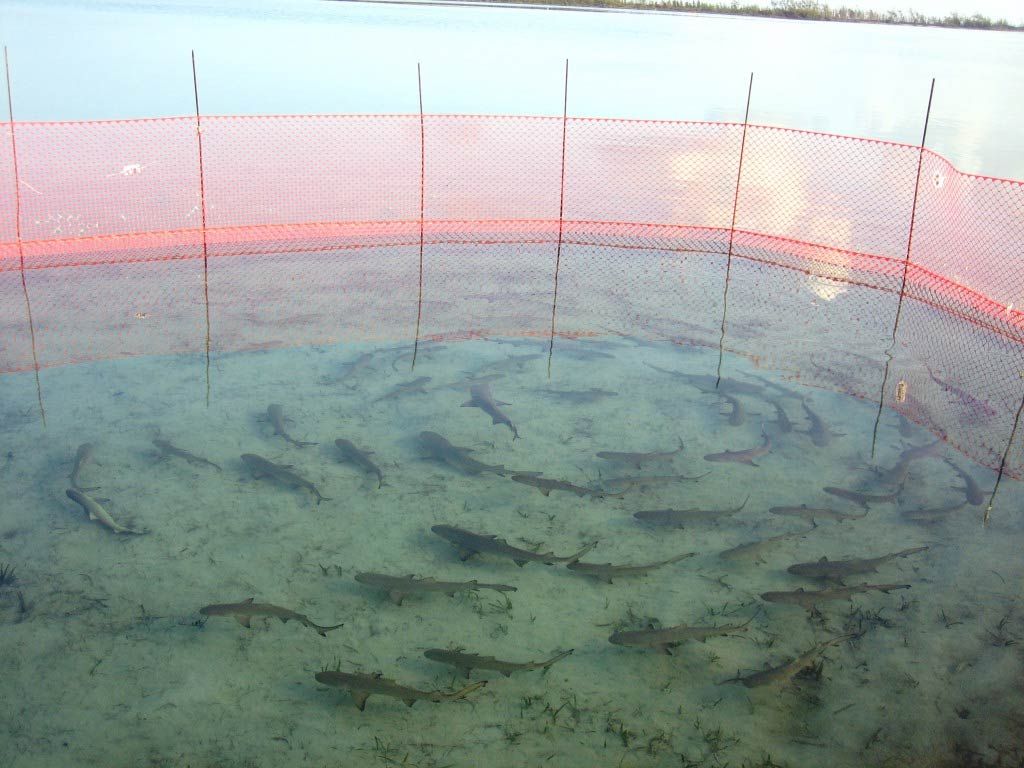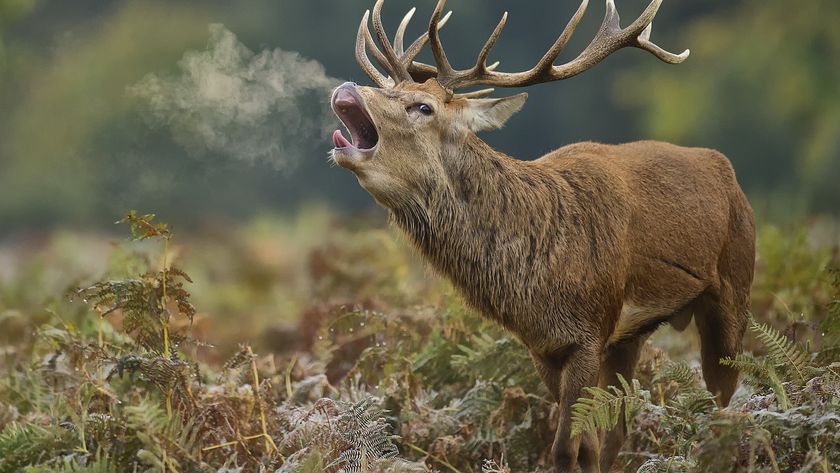Young Sharks Learn from Friends

Sharks might be able to learn new skills just by watching their friends' behavior, a new study finds.
In experiments at the Bimini Biological Field Station in the Bahamas, a group of researchers corralled 18 juvenile lemon sharks in a large holding pen and trained some to complete a reward-based task. If the sharks entered a certain area of the pen — called the indicator zone — a target would be exposed on the other side of the pen. Then, if the sharks swam to the target and bumped it, they were given a piece of fish.
In the next phase of the experiments, some untrained sharks were paired with those that had learned how to get the reward, while another naïve set was paired with sharks that had not learned the task.
The researchers then tested to see if the inexperienced sharks had picked up their peers' behavior. They made the task slightly easier, exposing the fish reward once the sharks entered the indicator zone. The researchers found that the sharks paired with trained peers completed the task more quickly and successfully than those with inexperienced partners.
The researchers, who detailed their findings in an Aug. 30 paper in the journal Animal Cognition, said the results indicate that the sharks — like some primates, birds, insects and other animals — are capable of using social information to learn about their environment, which could affect how they find food, travel and avoid predators.
"The general perception of sharks as solitary, mindless, feeding machines with pea-brains couldn't be further from the truth," researcher Culum Brown, a professor at Australia's Macquarie University, said in a statement. Brown added that he hopes the study will burnish sharks' reputation and help change conservation attitudes and public perception of sharks.
Follow LiveScience on Twitter @livescience. We're also on Facebook & Google+.
Sign up for the Live Science daily newsletter now
Get the world’s most fascinating discoveries delivered straight to your inbox.













